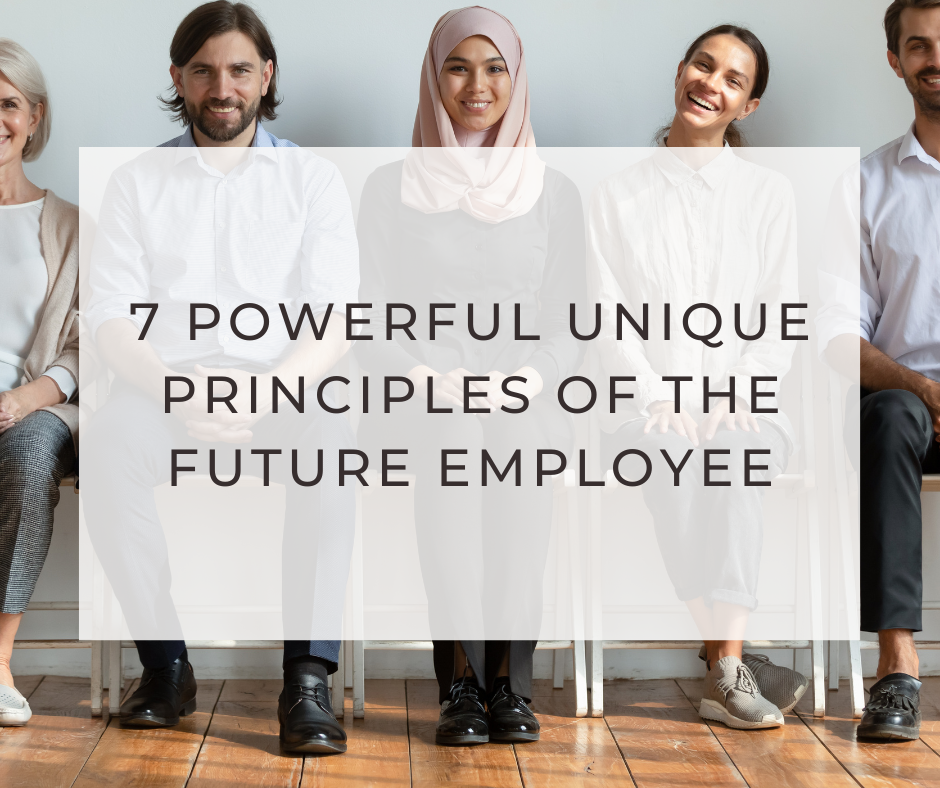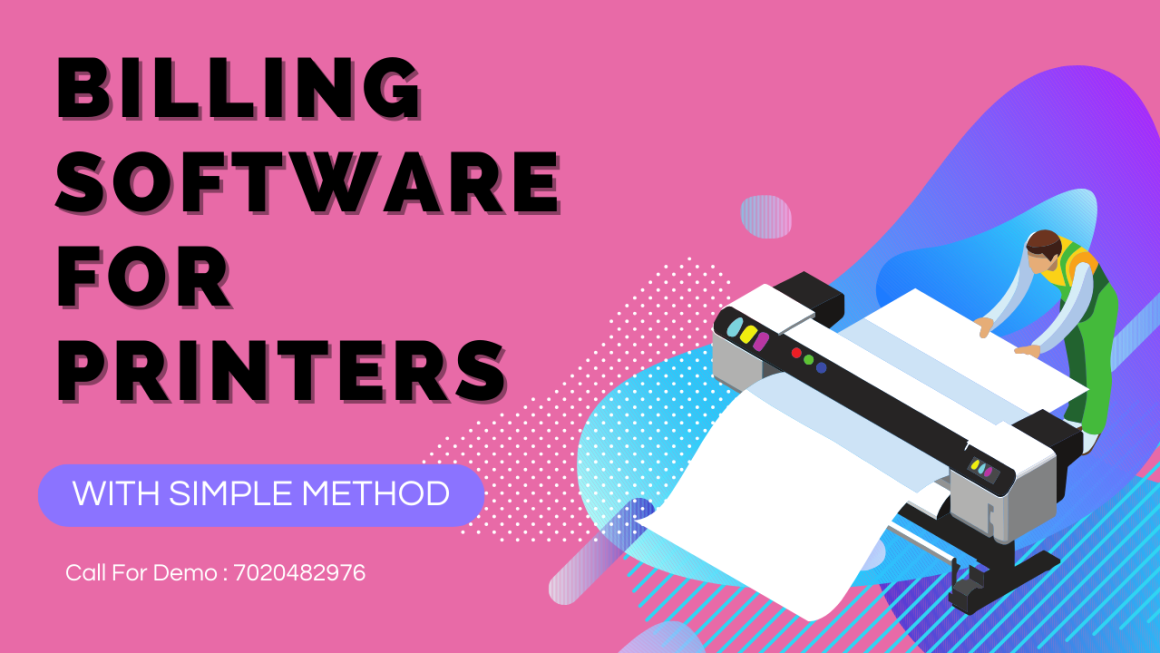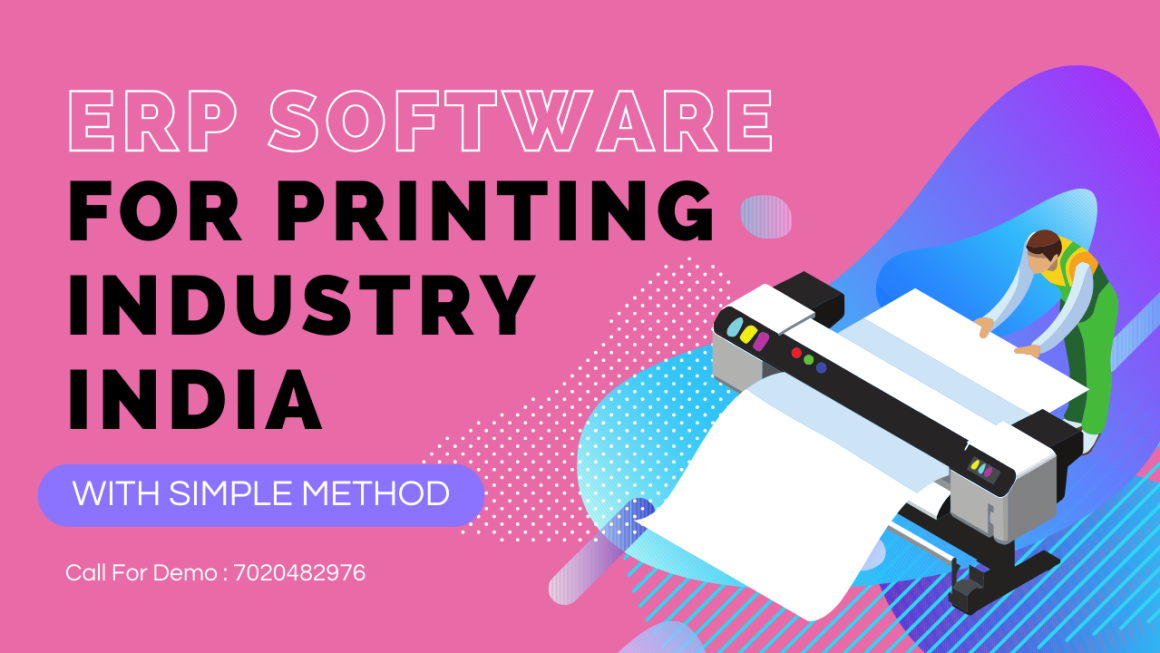7 Powerful Unique Principles Of the
Future Employee
In today’s article, I want to go over seven principles of the
a future employee who describes exactly how these change
how this evolution is manifesting in today’s workforce.
The world of work is constantly changing. And a lot of
skills and mindsets that people think are crucial for future
employees. And future leaders are actually becoming
relevant and essential now to stay relevant, employees organizations and leaders need to understand. How the world of work is changing what the future
employee looks like and what the future is now. The seven
principles of the future Employees are becoming true
today, especially when we think of the events of 2020. 7 Powerful Unique Principles Of the Future Employee.
These seven principles are not just things that employees
need to embrace, but these are also things that leaders
inside organizations need to embrace and practice
as well, as to make sure that they indeed become reality.
So without further ado, these are the seven principles of
the future employee. The future employee will have these
seven qualities or characteristics.
1. Has a flexible work environment.
Employees of the future won’t be bound to a desk or a
cubicle. Instead, they will have the freedom to work when
and where they want we’ve seen countless organizations
shift to this new way of working.
And plenty of employees are not going to need or want to
go back to an office ever again, but we need to remember
that flexible work is not the same thing as purely virtual
work.
2. The future employee can customize their work.
Future employees won’t follow the typical career path of
climbing the corporate ladder. There isn’t a one-size-fits-all
approach to guarantee career success. Instead, future
employees will be able to shape the career paths they will
be able to pick.
The projects that they want to work on while also building
up their personal brand and being able to share their voice.
3. The future employee shares information with
future employees.
Share information and ideas freely and collaborate with
their co-workers and peers. It’s the people who share
information who will become the next generation of
leaders.
This is ultimately what building a personal brand is all
about, both internally and externally.
4. The future employee uses new ways to
communicate and collaborate.
Instead of only relying on emails and phone calls as a way
to get work done. The future employee will embrace new
technologies as a way to effectively communicate and
collaborate.
We are seeing this firsthand today, think about all the
different tools and platforms, and channels. We have to
communicate and collaborate today whether you’re
looking at email or texting or phone or using video
conferencing internal collaboration platforms
augmented and virtual reality.
We’re even talking about using holograms. There are so
many tools and technologies and platforms out there
and guess what, the future employee is going to use all of
them.
This means that employees need to make sure that they
know how to get their message across, regardless of the
tools or the platforms that they are using.
5. The future employee can become a leader.
Future employees have this unique ability to become
leaders by sharing their voices, their feedback, and their
ideas. Inside an organization, by building up their personal
brand, employees can build up their own networks and get
recognized for their contributions.
There’s no longer one path to being a leader, any employee
inside an organization who has the ability to motivate
engage and inspire others. And influence change has the
ability to become a leader. Leadership is not about a title,
It is about choice.
6. The future employee shifts from being a
knowledge worker to being a learning worker.
The most important skill for future employees is the ability
to learn how to learn, the ability to learn new things. And
apply those things to new situations and scenarios and
possibilities are going to be one of the most important
things that the future employee can do.
Instead of relying on what employees learned in schools or
instead of relying on their organization to teach them
Everything.
They need to know to be successful the future employee
will always be learning as Satya Nadella the CEO of
Microsoft eloquently stated that he wants to shift his
organization from being a know-it-all organization to being
a learn-it-all organization.
And guess what with all the tools and resources we have
at our disposal by being able to take courses online watch
videos listen to podcasts read articles and books it’s never
been easier to learn how to learn.
7. Learn and teach at-will employees.
The last principle for the future employee is they
learn and teach at-will employees. No longer have to
participate in formal training and development
programs to learn something.
They can share information on best practices through
mentoring programs by grabbing a coffee with
somebody through watching courses online reading
articles listening to podcasts, we have unlimited
resources.
In today’s world, to learn anything we want anytime
we want and also to teach anything we want anytime
What we want, is the beauty and the power of technology.
This is what the future employee looks like and the
future is knowing whether you are a leader inside an
organization or an individual contributor.
these are the seven principles that you need to make sure
that you embrace, that you master. if you want to be a
a successful leader and if you want to be someone who has
a successful career going forward, how many of these
seven principles are you practicing now.
Thanks for tuning into this show, I really do hope you
enjoyed it.





